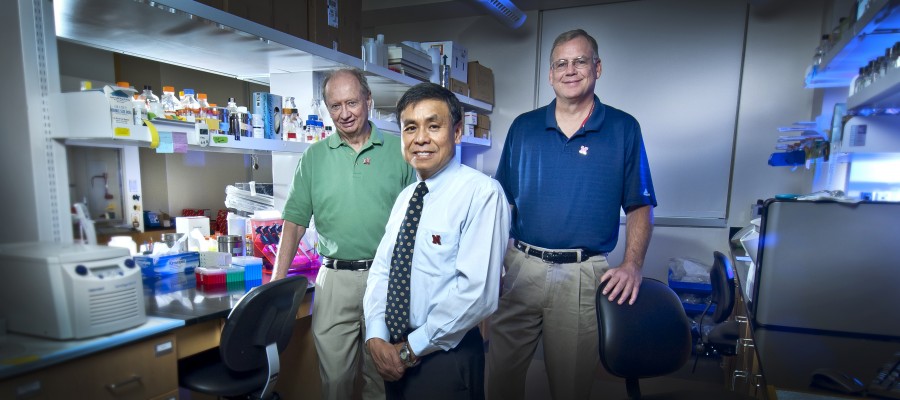Focusing on viral threats to people, plants and animals, Nebraska Center for Virology scientists target some of the world’s most devastating diseases.
Creating an internationally recognized center is the goal, said Charles Wood, NCV’s director and Lewis Lehr/3M University Professor of Biological Sciences. “We’re well on our way.”
Virologists at UNL, the University of Nebraska Medical Center and Creighton University collaborate through NCV, one of the university’s signature research programs. Established in 2000 as a Center for Biomedical Research Excellence with a $10.7 million grant from the National Institutes of Health’s National Center for Research Resources, NCV earned a $10.6 million renewal in 2005. In 2010, it earned a third five-year, $5.56 million grant from NIH.
In addition to Shi-hua Xiang’s innovative HIV work, Wood cited examples of other significant NCV research:
- A pioneer in algal viruses, James Van Etten, National Academy of Sciences member, William Allington Distinguished Professor of Plant Pathology and NCV co-director, collaborates on UNL’s algal biofuels research and with Johns Hopkins University colleagues to investigate a possible algal virus connection to human neurological diseases.
- Virologist Clinton Jones, Charles Bessey Professor and NCV associate director, studies dormancy in the herpes virus and is helping develop strategies to prevent herpes from causing disease.
- Veterinary virologists Fernando Osorio and Asit Pattnaik are developing a vaccine for porcine reproductive and respiratory syndrome, a viral disease causing significant pork industry losses.
- Virologist Qingsheng Li is identifying the earliest steps in HIV transmission, which may lead to anti-viral topical microbicides and a vaccine.
Wood said NCV’s global outreach to students, from schoolchildren to postdoctoral fellows, also contributes to the field. “We’ve really been doing things at all levels: training, education and research.”
NCV’s facilities are growing along with its research. A 26,000-square-foot, seven-laboratory addition to the Ken Morrison Life Sciences Research Center will be completed in 2013. An $8 million grant from NIH’s National Center for Research Resources through the American Recovery and Reinvestment Act of 2009 funded the expansion.

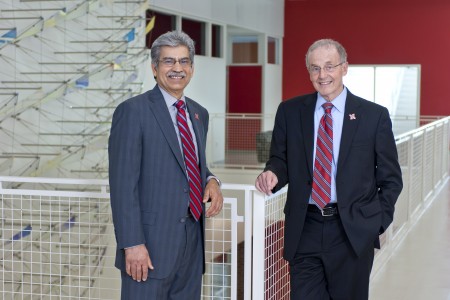
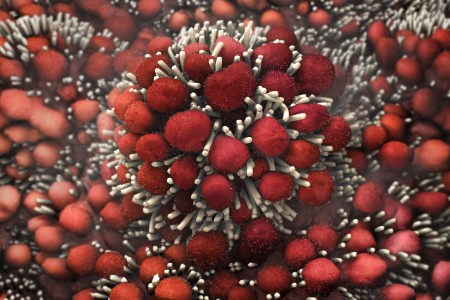
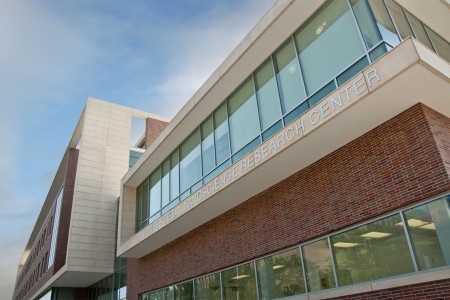
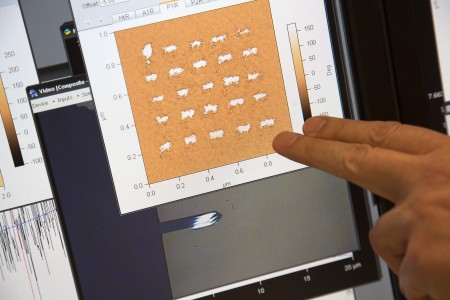

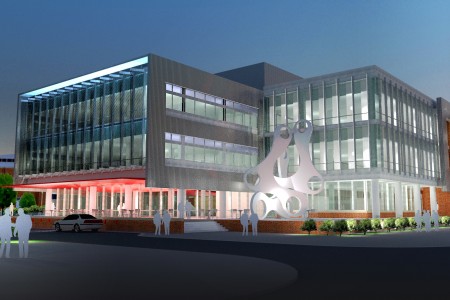



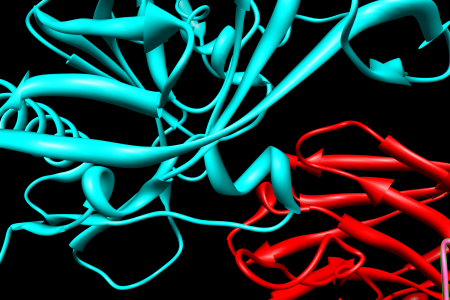


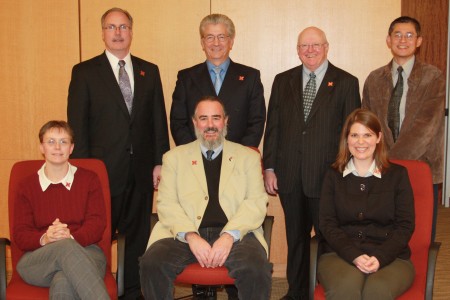

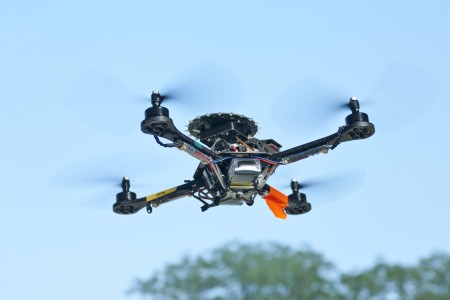
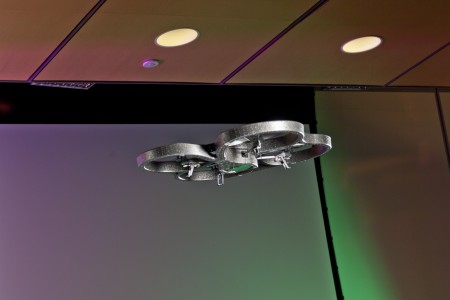
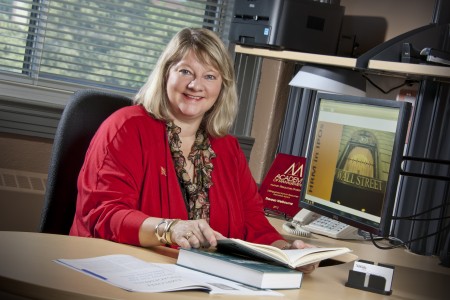
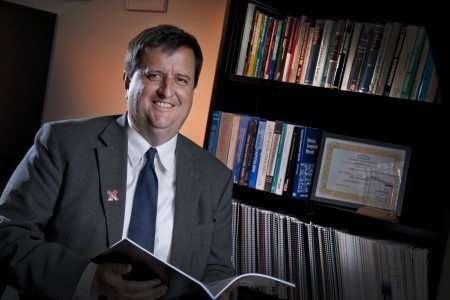




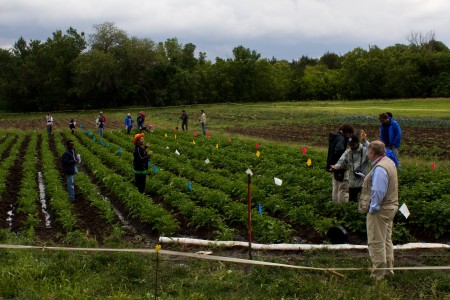

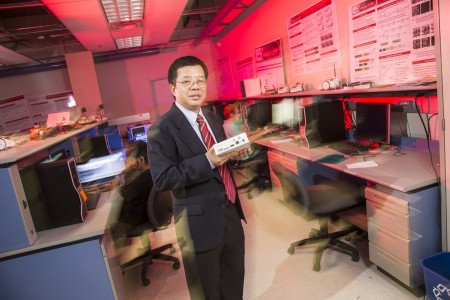
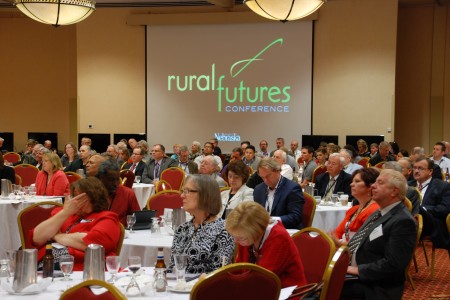
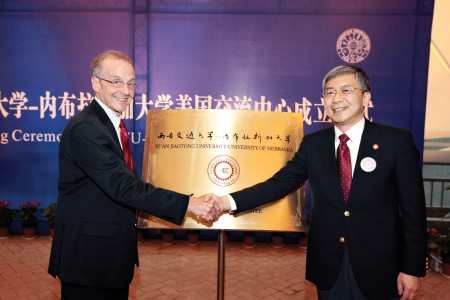

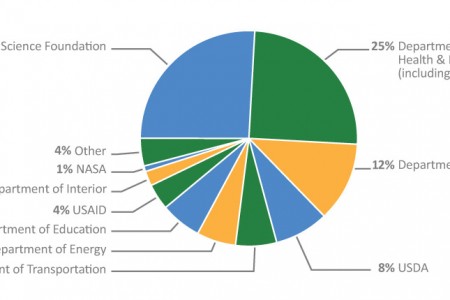

 2011-2012 Research Report
2011-2012 Research Report



